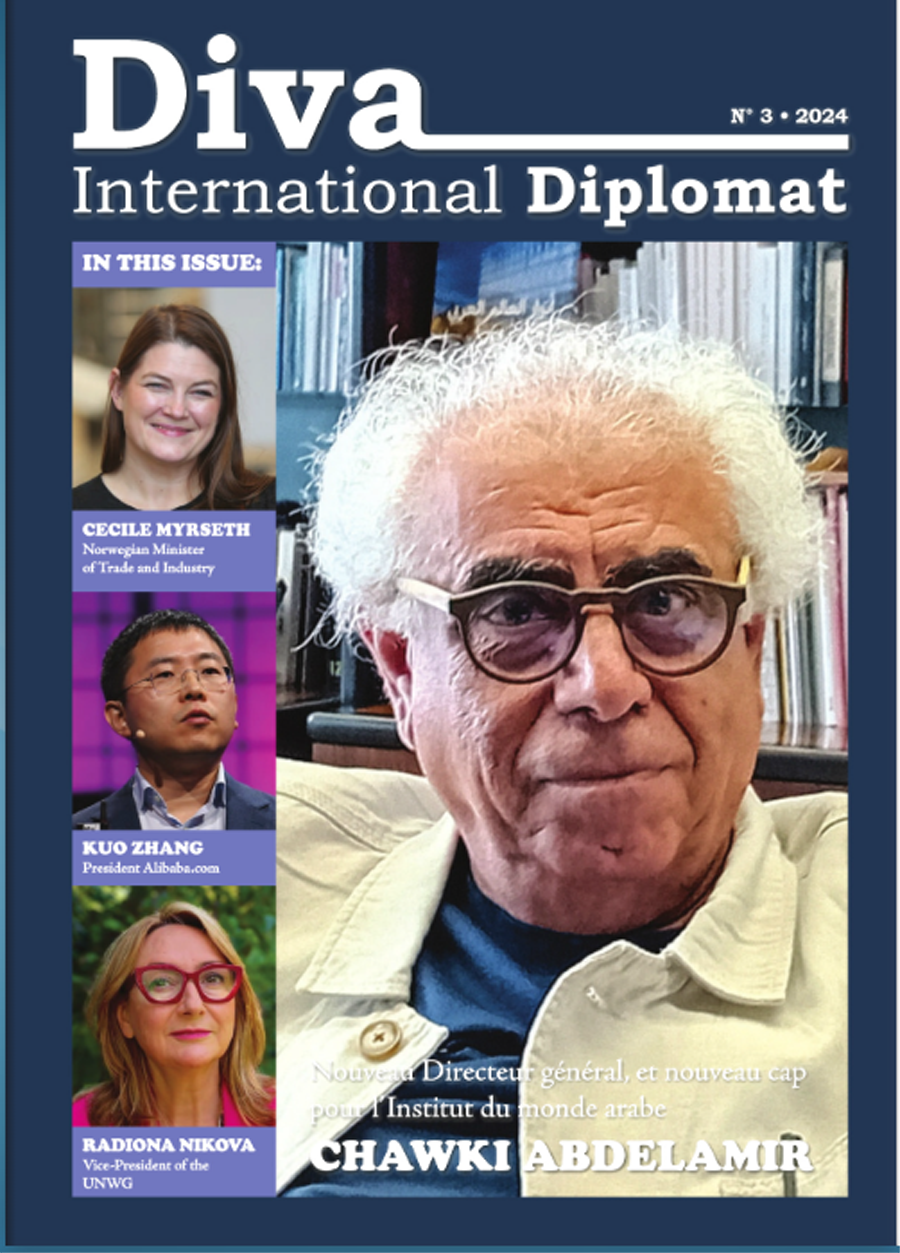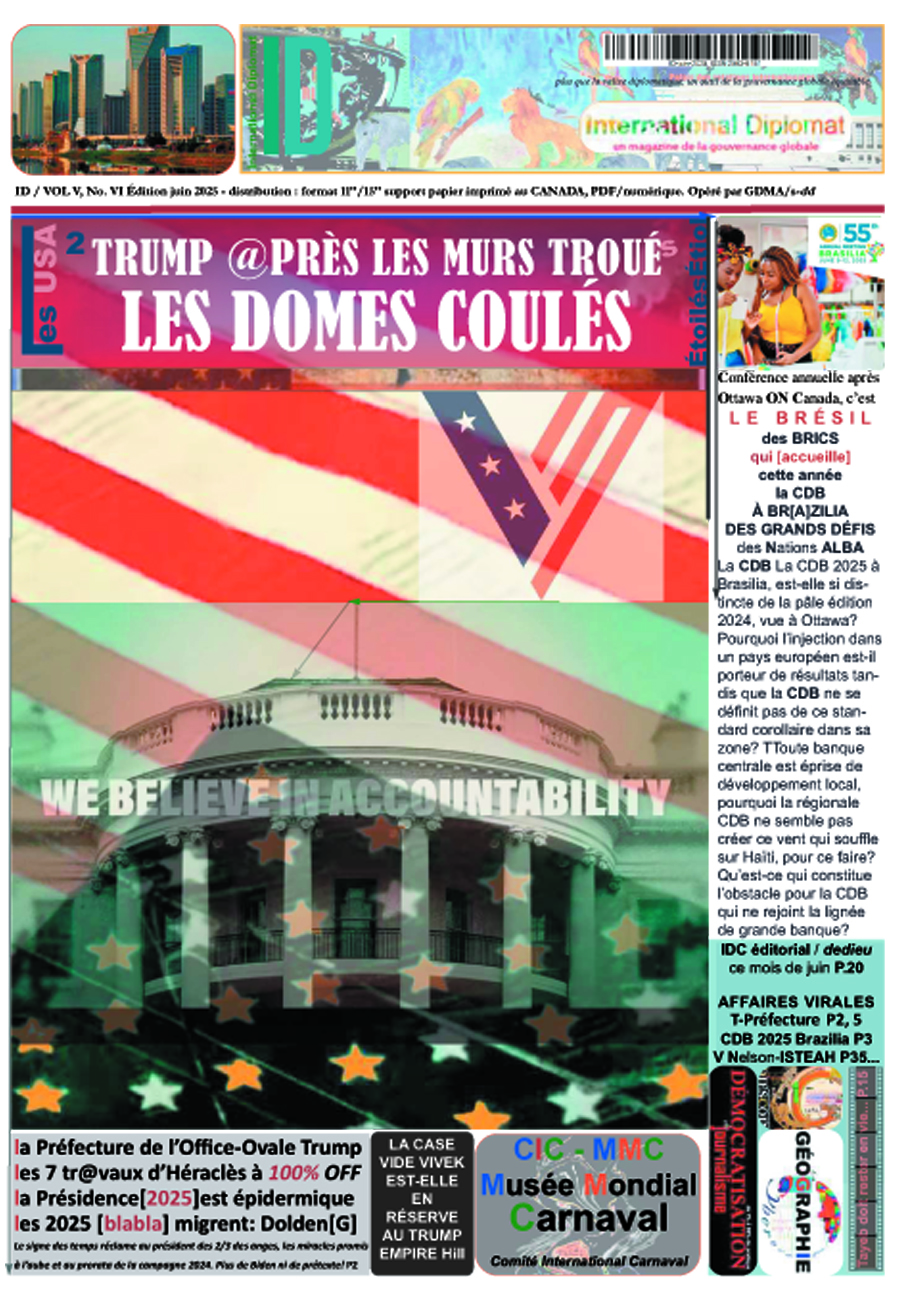He has a difficult job, Prof. Ekmeleddin Ihsanoglu, Secretary-General of the Organization of The Islamic Conference (OIC). Not only is he promoting tolerance, peace and understanding, but he is also trying to bring the OIC more to the forefront of the international agenda. We had the opportunity of meeting him here in Geneva during the celebration of the fortieth anniversary of the OIC.
Q: Could you tell us a little about OIC?
At the time of its fortieth anniversary, OIC is going through an important transformation. Now that the OIC has proved itself to be a reliable interlocutor in many issues related to the Muslim world, it has increased its membership to fifty-seven members and five observers, and it is the second largest inter-governmental organization after the United Nations itself.
According to its history and its charter, it is the unique spokesperson for the Muslim world, representing 1.57 billion persons around the world, which constitutes one fourth of the world’s population. The OIC is their voice.
The agenda of the OIC has developed. We are interested in promoting human rights and good governance, in fighting pandemic diseases, and being more active in conflict resolution and confidence-building among different parties when there are conflicts in the Muslim world. We have been active on the Human Rights Council. We have developed good relations over the last few years with many institutions and countries, particularly the United States of America which, during the previous administration, appointed a special envoy.
The Russian Federation has been an observer since 2005, opening up a permanent representative office and appointing an ambassador to the Secretariat in Jeddah. We are expecting more countries to become full members and observers. We are also involved in the Dialogue among Civilizations Project, and we think that all of these instruments are important elements in building confidence between East and West. That will contribute to world peace at large.
Now, there are two points that are happening at present. In 2005 we adopted a ten-year plan of action, which is a blueprint for the transformation of the OIC and a new approach to addressing the challenges of the twenty-first century. We have prepared a programme that has many social, economic, humanitarian, educational and other aspects. We based it on two major concepts: modernization and moderation –– modernization of our societies, leading them to moderation and away from the effects of marginal groups and extremist ideologies, because we believe that Islam is a religion that stands for moderation.
Now, within this ten-year action plan, there are two issues that I would like to highlight –– human rights’ issues and women’s issues. In the OIC, we are going to establish an organization and a department to deal with women’s and family issues.
The second part is human rights. Of course, we know that we have a lot of human rights problems in our countries, and this is not something new. However, we are trying to do our best.
Our new charter was adopted last year in the Dakar Summit and since then we have been trying to establish this independent institution. We are enjoying very good collaboration with the Human Rights Council here in Geneva.
Q: What is your main message to the international community upon the fortieth anniversary of the OIC?
We need and deserve to live in a better world. In order to live in a better world we have to understand each other better. We have to build this understanding on two main values: mutual respect and mutual interest. I think that if we managed to achieve mutual respect we would be able to reach mutual interest as well, and mutual interest is for the benefit of all.
We have had a long history of shared values. We have shared many common roads in the past, but we have also met with problems, so it is up to us to choose the type of history we want for today. If we want to develop the two principles of mutual respect and mutual interest, we have many examples to follow from history. If we do not want to develop understanding, but rather encourage misunderstanding, we can also find plenty of examples in history.
We, as the legitimate representatives of the Muslim world, think that we can and are assuming responsibility on behalf of the Muslim world. We are ready to use this responsibly in conflict resolution, and particularly in Somalia and Afghanistan.
If you are interested in human rights and look at the performance of the OIC on the Human Rights Council, you will find that we have always been keen to promote common positions with the European Union. After a long series of discussions, we reached a point in Durban II which was acceptable to both sides. This is a known fact. Recently, on the freedom of expression, the OIC group has adopted an important reconciliation position. There was a joint Egyptian/American resolution that was wholly supported by the OIC. In this way, OIC is becoming an instrument for better understanding and for a better development of human rights leading to a much more successful collaboration on the Human Rights Council.





